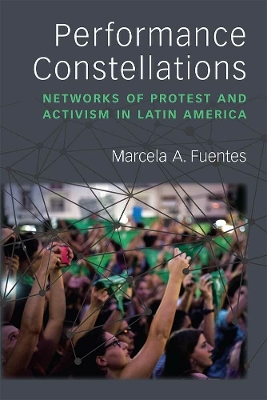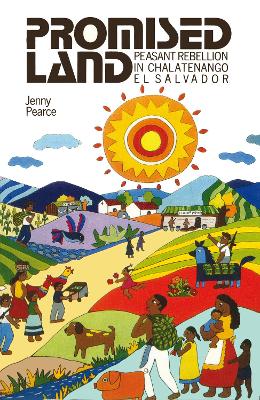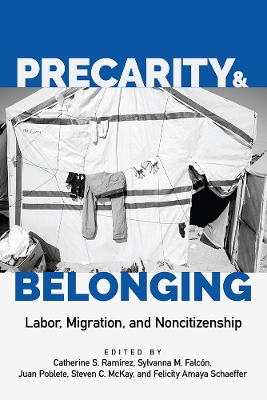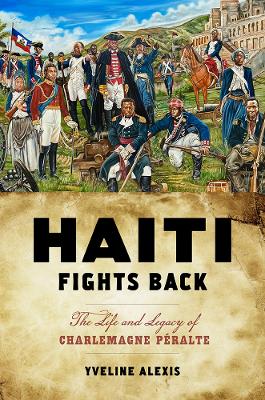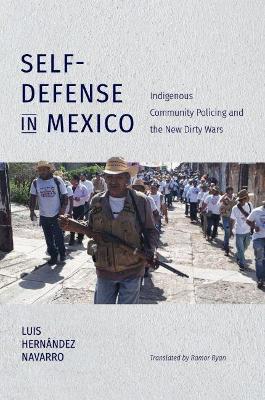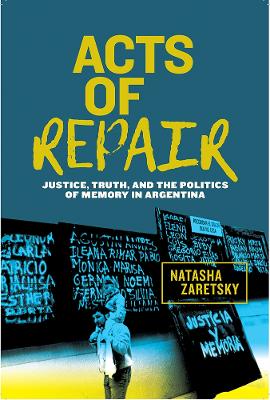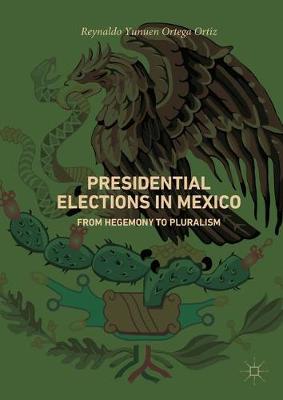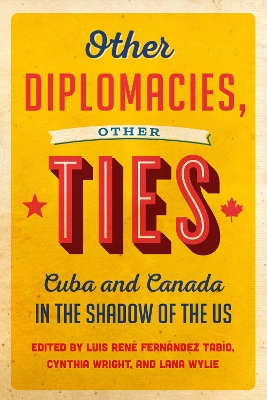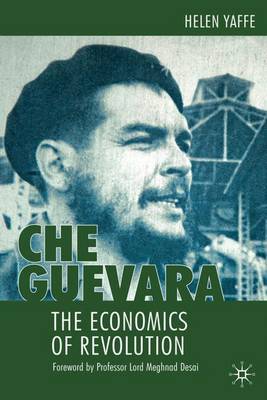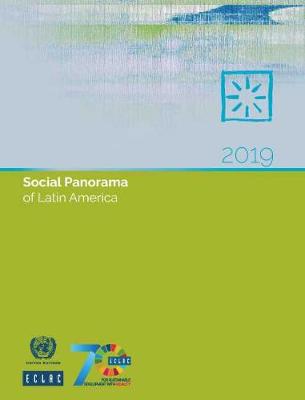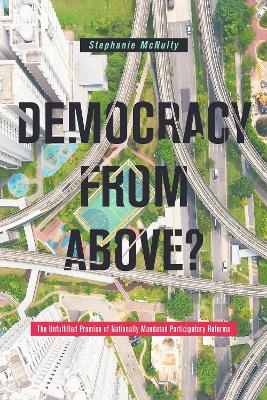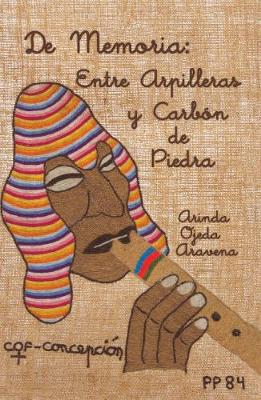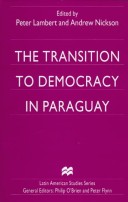On the southern end of the Grand Rue, a major thoroughfare that runs through the center of Port-au-Prince, waits the Haitian capital's automobile repair district. This veritable junkyard of steel and rubber, recycled parts, old tires, and scrap metal might seem an unlikely foundry for art. Yet, on the street's opposite end thrives the Grand Rue Galerie, a working studio of assembled art and sculptures wrought from the refuse. Established by artists Andre Eugene and Celeur in the late 1990s, the...
Peru is being brought to its knees. 500 years after the Spanish conquest, a dark ideological zealotry is threatening to demolish every vestige of the European culture in that country. Former philosophy lecturer Abimael Guzman, alias Chairman Gonzalo, and self-acclaimed "fourth sword" of communism in the wake of Marx, Lenin and Mao, is leader of the Shining Path - Sendero Luminoso - the ferocious and highly secretive guerrilla organization sworn to reverse the tide of history. Shining Path consid...
The W. Arthur Lewis Reader
Sir William Arthur Lewis moved from the realm of brilliant scholar into the realm of legend when he won the Nobel Prize in Economics in 1979. Yet, little has been recognised of his scholarship beyond the field of economics, a scholarship that complemented and enhanced his economic thought. In this collection of essays, borne out of the Sir Arthur Lewis Memorial Symposium and the Sir Arthur Lewis Distinguished Lecture 2018, contributors present W. Arthur Lewis not only as a renowned Nobel Laurea...
What is it like to govern one of the world's most notoriously ungovernable, most vibrant countries? Brazil's former president offers a candid, wry and illuminating view. Fernando Henrique Cardoso received a phone call in the middle of the night asking him to be the new Finance Minister of Brazil. As he put the phone down and stared into the darkness of his hotel room, he feared he'd been handed a political death sentence. The year was 1993, and he would be responsible for an economy that had sev...
Performance Constellations (Theater: Theory/Text/Performance)
by Marcela A. Fuentes
Performance Constellations maps transnational protest movements and the dynamics of networked expressive behavior in the streets and online, as people struggle to be heard and effect long-term social justice. Its case studies explore collective political action in Latin America, including the Zapatistas in the mid-'90s, protests during the 2001 Argentine economic crisis, the 2011 Chilean student movement, the 2014-2015 mobilizations for the disappeared Ayotzinapa students, and the 2018 transnat...
Indigenous Movements, Self-representation and the State in Latin America
by Kay B. Warren and Jean E. Jackson
"Throughout Latin America, indigenous peoples are responding to state violence and pro-democracy social movements by asserting their rights to a greater measure of cultural autonomy and self-determination. This volumeOs rich case studies of movements in Colombia, Guatemala, and Brazil weigh the degree of success achieved by indigenous leaders in influencing national agendas when governments display highly ambivalent attitudes about strengthening ethnic diversity
November 1, 1958, A Cubana de Aviación Flight 495, a Vickers Viscount, en route from Miami to Varadero to Havana is hijacked by Cuban militants. The hijackers were trying to land at Sierra Cristal in Eastern Cuba to deliver weapons to Fidel Castro's rebels. As night approached, the plane ran out of fuel and tried an emergency landing at the Preston sugar mill. It did not make it and instead landed in the ocean and broke apart, killing most passengers and crew. There were six survivors.
Precarity and Belonging (Latinidad: Transnational Cultures in the United States)
by Catherine S Ramirez
Latin American Politics (Translations from Latin America) (Translations from Latin America Series, ILAS)
by Torcuato S Di Tella
First published in English in 1990 as Latin American Politics: A Theoretical Framework, a translation of Torcuato S. Di Tella's original Sociologia de los procesos politicos, this new edition also focuses on the prerequisites for democracy in any society and on the role of the popular classes in social change. Di Tella draws on the work of Montesquieu, Burke, Tocqueville, Marx, Weber, and Durkheim in formulating his explanatory theories. These theories are then tested against crucial events in...
Between 1890 and 1930, the port city of Guayaquil, Ecuador, experienced a liberal revolution and a worker's movement which are key elements in shaping the Ecuadorian national identity. In this book, O. Hugo Benavides examines these and other pivotal features in shaping Guayaquilean identity and immigrant identity formation in general in transnational communities such as those found in New York City. Turn-of-the-century: Ecuador witnessed an intriguing combination of transformations: the formatio...
Self-Defense in Mexico (Latin America in Translation/en Traduccion/em Traducao)
by Luis Hernandez Navarro
In Mexico and across other parts of Latin America local Indigenous peoples have built community policing groups as a means of protection where the state has limited control over, and even complicity in, crime and violence. Luis Hernandez Navarro, a leading Mexican journalist, offers a riveting investigation of these armed self-defense groups that sprang up around the time of the 1994 Zapatista uprising in Chiapas. Available in English for the first time, the book spotlights the intense precarity...
Acts of Repair (Genocide, Political Violence, Human Rights)
by Natasha Zaretsky
This book analyzes the transformation of the Mexican political system during the last four decades, focusing on its presidential elections. As the country has shifted away from an authoritarian political system, ruled by a hegemonic party, it has become a more moderate, pluralistic society, marked by electoral competition between contestant parties. Using a mixed methodology, including historical and statistical analysis, the author argues that the fight for clean and fair elections in Mexico h...
Other Diplomacies, Other Ties
Other Diplomacies, Other Ties explores Cuba-Canada relations following the revolution of 1959 and the major geopolitical and economic transformations that have occurred in recent years. Through the conceptual lens of "other diplomacies," which emphasizes interactions among non-state actors, the contributors challenge the conventional wisdom regarding the actions of diplomats, politicians, journalists, spies, and migr s. Featuring both Cuban and Canadian contributors, the volume offers a diverse...
Fifty years since the Cuban Revolution and over four decades after his death, Che Guevara is still both admired and derided, testimony to the fascination his persona continues to hold. Yet his most significant contribution remains largely unknown. Based on fascinating new archival research and interviews with his contemporaries and colleagues, this book records Guevara's contribution to industrial organisation, economic management and socialist political economy debates as a member of the Cuban...
Social panorama of Latin America 2019
The Social Panorama of Latin America 2019 analyses issues crucial to understanding and action given the structural challenges facing the countries of Latin America and the Caribbean in the current economic and social situation, especially in the context of the transformations underway in labour markets. Throughout the report, which has been published since 1991, strategies and policies are suggested for advancing toward inclusive development in accordance with the 2030 Agenda for Sustainable Dev...
People are increasingly unhappy with their governments in democracies around the world. In countries as diverse as India, Ecuador, and Uganda, governments are responding to frustrations by mandating greater citizen participation at the local and state level. Officials embrace participatory reforms, believing that citizen councils and committees lead to improved accountability and more informed communities. Yet there's been little research on the efficacy of these efforts to improve democracy, de...
Revolutions in Cuba and Venezuela
by Silvia Pedraza and Carlos A. Romero
De Memoria es un texto literario en el cual su autora, Arinda Ojeda Aravena, se atreve a recordar en publico a pesar del dolor que los recuerdos traen. La narracion parte con la entrada clandestina de Arinda a Chile despues de su exilio en Italia y Cuba, y nos instala en un escenario de diferentes hechos y recuerdos que van desde su secuestro en 1981, en un operativo de la CNI, hasta su liberacion. El relato nos muestra la perversa maquinaria estatal de una dictadura militar sangrienta y el regi...
Transition to Democracy in Paraguay (Latin American Studies)
by Peter Lambert
The transition to democracy in Paraguay has been one of the most difficult in Latin America. This book highlights the limitations of the process of democratisation in a country which lacked a previous democratic tradition and where the legacy of the harsh regime of Alfredo Stroessner (1954-89) is enduring. The book describes the nature of the Stroessner regime, examines the actors in the democratisation process, and shows how they influenced the policies of the transition governments.



